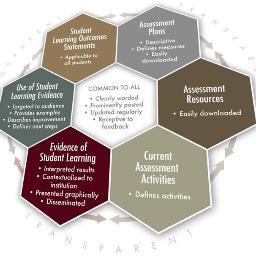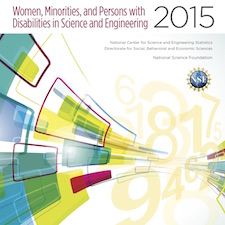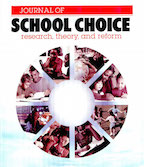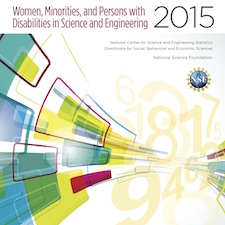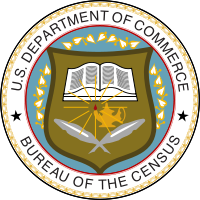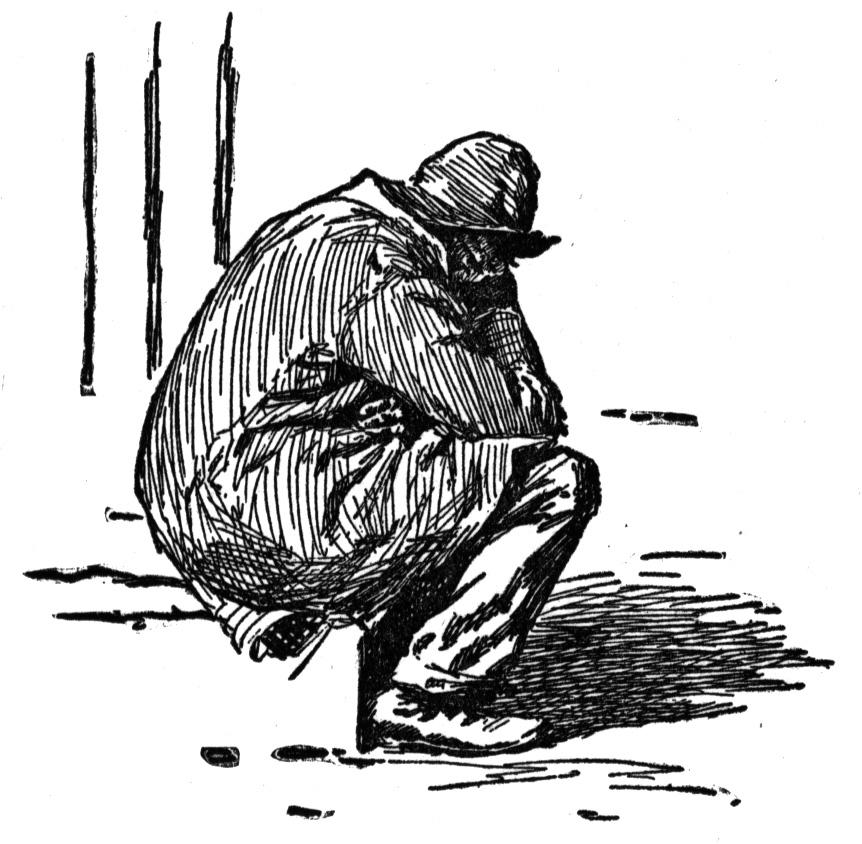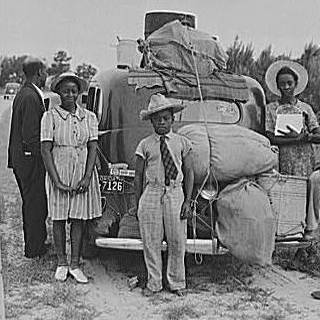New Study Finds No Progress in Increasing Black Faculty in Chemistry
African Americans make up just 1 percent of the chemistry professors at the 50 U.S. colleges that have the largest budgets for chemical research. Thirty of these 50 schools have no Black chemistry faculty.
Northwestern University Study Finds Patient Portals May Widen Racial Health Disparities
The study found that individuals with lower levels of education were less likely than their more educated peers to use these portals. African Americans were 2.5 times less likely than Whites to access these online tools.
Duke University Task Force Publishes Report on Faculty Diversity Efforts
In the past, Duke University has been a leader in efforts to increase the diversity of its faculty. But a new report finds that from 2005 to 2014 the Black percentage of the Duke faculty increased from 3.8 percent to 4.4 percent.
African American College Football Coaches Tend to Get the Axe Sooner Than Their White...
A new analysis by Nolan Kopkin, an assistant professor at the University of Wisconsin-Milwaukee, found that on average, a Black head coach in major college football will be fired one or two years earlier than a White coach with a similar job-performance record.
University Study Finds That Residential Racial Segregation Has Increased
The study, led by a demographer at Cornell University, found that Whites tended to leave neighborhoods where foreclosure rates were high and Blacks and Latinos moved to these areas to find affordable housing. As a result racial segregation has increased.
Diversity in STEM Fields Is a Social Justice Issue, Study Finds
Amassing critical numbers of underrepresented students is important, but achieving enrollment targets does little to improve the problems in the campus culture that affect students and contribute to their failure to complete degree programs.
University of Illinois Survey Finds Widespread Racial Microaggressions on Campus
The results found that 51 percent of the minority students reported experiencing racial stereotyping. More than one quarter said their contributions in the classroom were minimized and 25 percent said they were not taken seriously due to their race.
University of Maryland Study Finds Higher Black Mortality in Areas of Intense Racism
Using data on the frequency of the use of a racial slur in Google searches in a particular area, researchers found that higher Black mortality rates occur in areas that exhibit the most intense levels of racism.
New Study Documents Degree Completion of Minority Doctoral Students in STEM Fields
One important finding in the Council of Graduate Schools report was that minority doctoral students had the most difficulty when they entered the dissertation phase of their doctoral programs.
Report Finds That HBCUs Are Actively Engaged in Assessing Student Learning
A new report from the National Institute of Learning Outcomes Assessment, a collaborative effort between the University of Illinois and Indiana University, finds that HBCUs routinely assess how successful they are in improving student learning.
New Study on the Marriage Prospects of Educated Black Women
New research from the Brookings Institution shows that only 8 percent of Black women in 2012 married a man with a higher level of education. Nearly 60 percent of Black women who married in 2012 wed a man with a lower level of education.
Among Recent High School Graduates, Blacks Are More Likely Than Whites to Enroll in...
Nearly 71 percent of 2014 Black high school graduates had enrolled in college by October compared to 67.3 percent of Whites. For those new high school graduates in college, the Black unemployment rate was nearly triple the White rate.
Stanford Study Examines the Reasons Behind Racial Disparities in School Discipline
In controlled experiments, the researchers found that the stereotype of black students as "troublemakers" led teachers to want to discipline Black students more harshly than White students.
New Study Links Racial Discrimination to Health Problems Among Black Youths
Previous studies have shown that racial discrimination can have a direct negative impact on the health of African Americans. But most of this research has focused on African American adults.
Blacks Make Up 4 Percent of Employed Scientists With Doctorates
According to a report from the National Science Foundation, Blacks with doctoral degrees made up 3.1 percent of the employed computer sciences, 1.9 of the physical scientists, and 1.7 percent of the engineers.
Study Examines Racial Differences in Depression Among Women in Rural and Urban Areas
The study found that rural White women were more likely to be depressed than White women in urban areas, whereas Black women in rural areas were less likely to be depressed than Black women in urban locales.
New York University Study Shows Neighborhood Stigma Impacts Online Transactions
Researchers placed ads for used iPhones on online exchanges in 12 cities. For ads listing low-income neighborhoods that are predominantly Black, 21 percent fewer responses were received.
Study Finds Black Children Who Are Homeschooled Score Higher on Academic Assessment Tests
Homeschooling is a controversial issue in the African American community. A new study showing the Black students who are homeschooled perform better academically is likely to fuel the debate.
HBCUs Play a Large Role in the Graduate Education of Blacks in STEM Fields
In pharmacology, 35 percent of Black students enrolled in graduate programs attend HBCUs. In biology, 32 percent of all Black graduate students are in programs at HBCUs.
Unemployment Rates of African Americans by Bachelor’s Degree Field
The percentage of African Americans with a bachelor’s degree who were unemployed in 2012 was 6.0 percent. Surprisingly, Blacks with bachelor’s degrees in computer science had a higher unemployment rate than college-educated African Americans generally.
University Study Finds Black Cancer Patients May Be Under-Diagnosed for Depression
A new study led by researchers at Case Western Reserve University in Cleveland examined the mental state of Black and White cancer patients at the Northeast Ohio Medical Center. They found that standard mental health tests may fail to identify depression among Black patients.
The Large Racial Gap in Graduate School Enrollments in STEM Fields
In 2012, Blacks were a very small percentage of the overall graduate student population in many STEM disciplines. For example, there were only eight Black students nationwide enrolled in graduate programs in astronomy, about 0.6 percent of total enrollments in the field.
UCLA Study Examines the Racial Disparity in School Discipline
The report found that the largest racial gap in school suspensions in the elementary grades is in Missouri. For secondary school students, the largest racial gap in suspensions is in Wisconsin.
University Study Finds Gender and Sexual Identity Differences in Openness to Interracial Dating
A new study by researchers at the University of Massachusetts and the University of Texas finds White straight males and White lesbians are more open to interracial dating than White gay men and White straight women.
An Elite College Degree Does Not Shield Blacks From Employment Discrimination
African Americans who graduate from high-ranking colleges and universities have little or no advantage in the job market over White students who graduate from educational institutions that are not as highly regarded.
Two-Year Minority-Serving Institutions Linger in the Shadows of Higher Education Research
There are 248 two-year institutions eligible for the designation of minority serving institution. These institutions make up 22 percent of the 1,132 community colleges nationwide.
A Report Card on Racial Diversity in College Athletics
The scorecard, compiled by researchers at the University of Central Florida, gave a grade of C-plus to racial diversity in college's sport programs, down from a grade of B-minus in 2013.
The Growing Racial Gap in Home Ownership
Many American families use the equity in their home to finance the higher education of their children or grandchildren. But this source of family wealth is far less available to Black families and the racial gap is widening.
University of Wisconsin Documents a Lack of Racial Diversity in Children’s Books
In 2014, there were about 5,000 books published for children and teens. The survey found that 84 were written by African Americans and 180 were about African Americans.
Children Raised in Single-Parent Homes Are Less Likely to Complete College
For young adults who have reached the age of 24, those who grew up in single-parent homes were less likely to have obtained a bachelor's degree than children raised in married-couple households. Income differences explain only one half of the gap.
Comparing the Health Status of Foreign-Born and Native-Born Blacks
A new study finds that while foreign-born Blacks tend to have better overall health than African Americans born in the United States, the advantage tends to shrink the longer foreign-born Blacks live in this country.
Blacks Are Twice as Likely as Whites to Be Early High School Dropouts
A new report from the U.S. Department of Education reports on the number of students who were in ninth grade in 2009 but dropped out of high school by the end of their junior year.
Stanford University Study Finds Large Racial Gap in 401(k) Assets
The wealth gap has a significant impact on Blacks being able to afford the costs of higher education. A new study by researchers at Stanford University shows that the racial wealth gap will probably be with us for some time to come.
Study Finds Increased Racial Segregation of Law School Students
The study found that Black students were more likely to enroll in less selective law schools in 2013 than they were in 2010 and were less likely to enroll in highly selective law schools than they were in 2010.
New Study Finds That the Great Migration Negatively Impacted Black Mortality Rates
While the Great Migration provided millions of Blacks with better educational and economic opportunities, a new study finds that it also led to increase mortality rates for African Americans.
Report Finds Black Students Like Mathematics More Than White Students
A new report from the U.S. Department of Educations shows that Black men and Black women liked the study of mathematics in high school more so than their White peers.
















